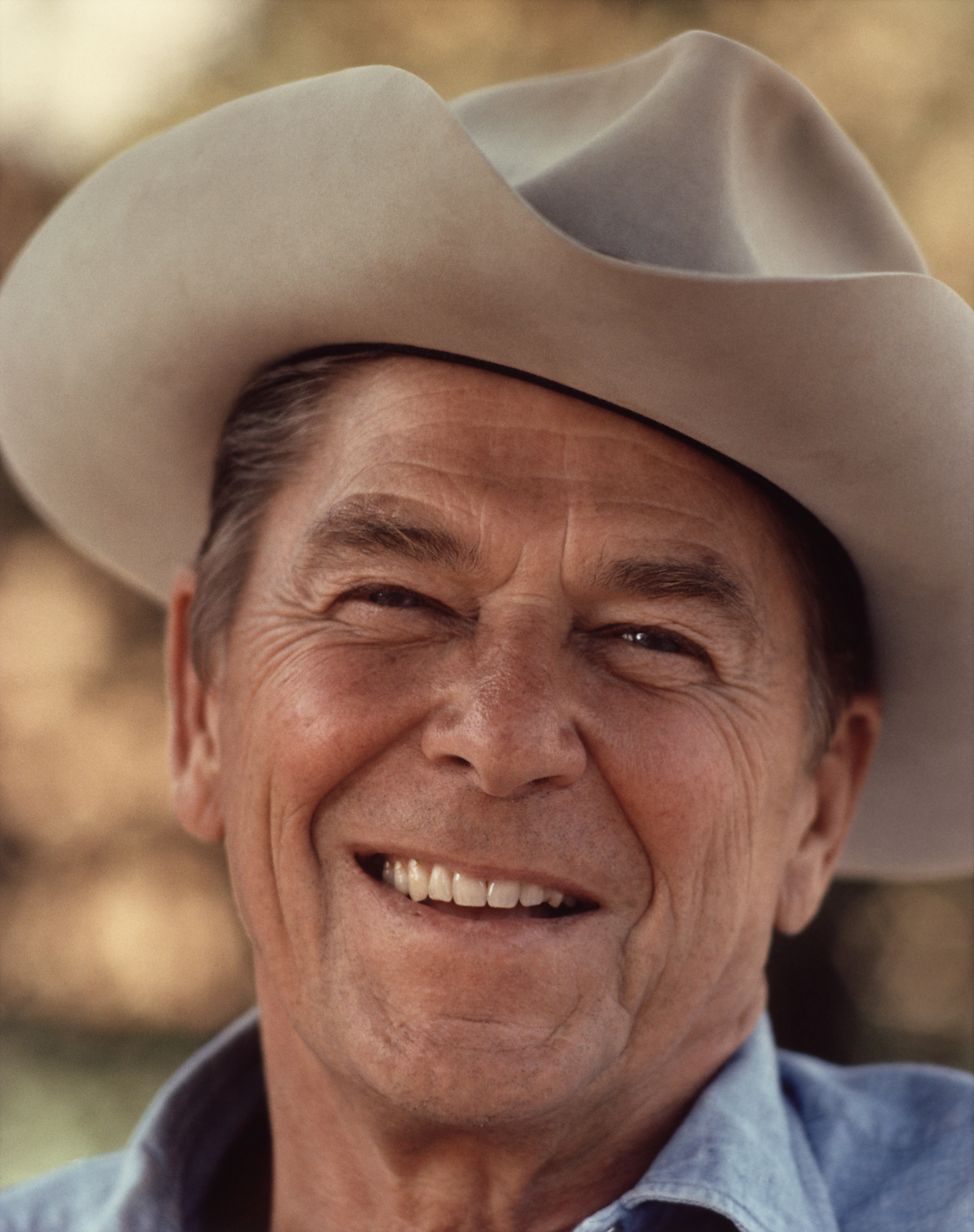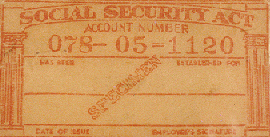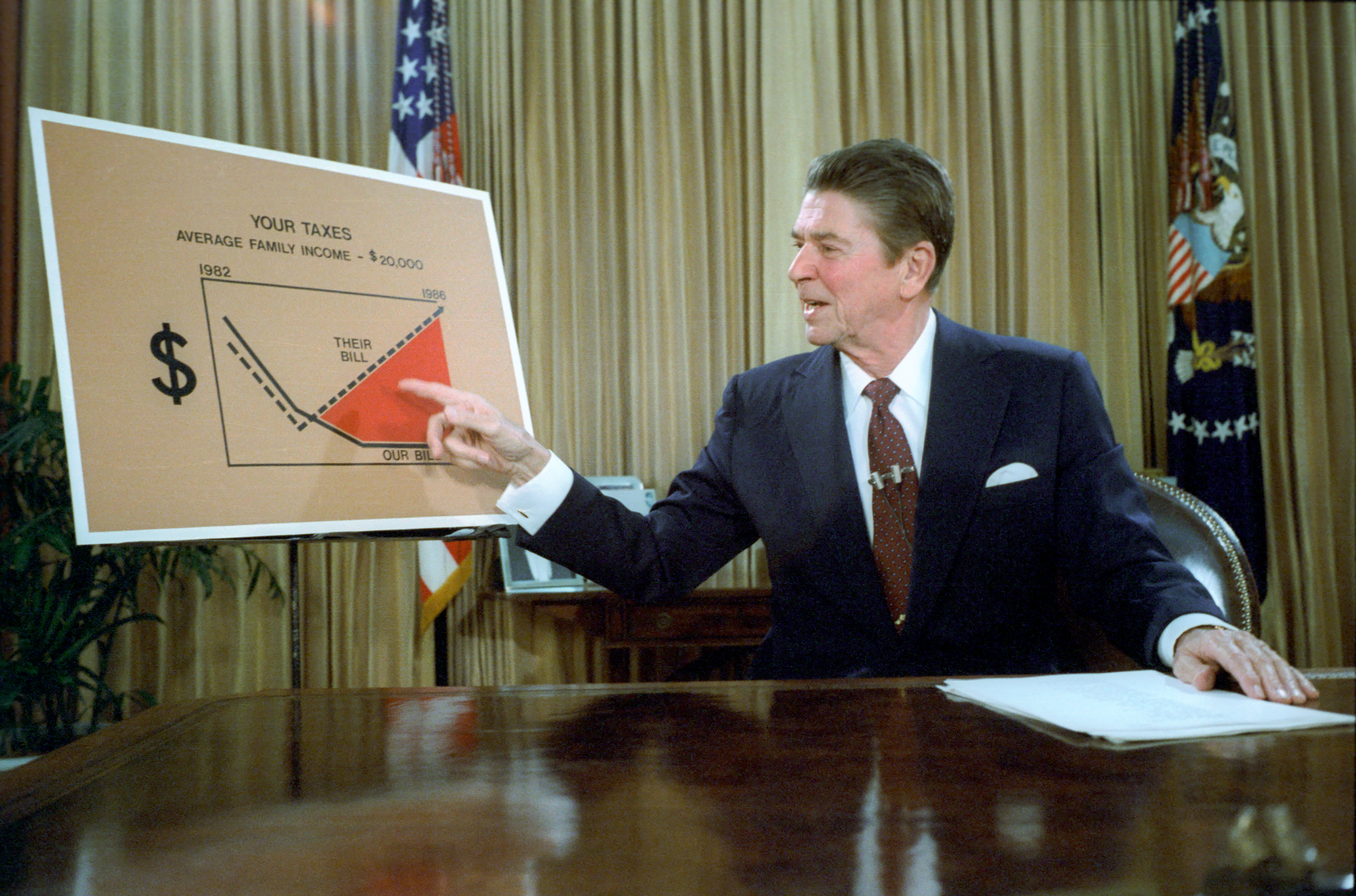|
Omnibus Budget Reconciliation Act Of 1981
The Omnibus Budget Reconciliation Act of 1981 is the federal budget enacted by the 97th United States Congress and signed into law by U.S. President Ronald Reagan. The bill established federal expenditures for fiscal year 1982, which ran from 1 October 1981 through 30 September 1982. The budget bill was the spending counterpart to the revenue bill, the Economic Recovery Tax Act of 1981. The two bills progressed through Congress and were signed by the President together. Ronald Reagan was elected on his platform of reducing overall federal spending while increasing spending on the military, cutting taxes and balancing the budget. The OBRA cut the federal budget by $36 billion in FY1982 and a cumulative $140 billion including the out years 1983 and 1984. Military spending was raised from $176 billion in FY1981 to $221 billion in FY1982. The Economic Recovery Tax Act was one of the largest tax cuts in US history. The and ERTA and the Tax Reform Act of 1986 are together known as the R ... [...More Info...] [...Related Items...] OR: [Wikipedia] [Google] [Baidu] |
97th United States Congress
The 97th United States Congress was a meeting of the legislative branch of the United States federal government, composed of the United States Senate and the United States House of Representatives. It met in Washington, D.C. from January 3, 1981, to January 3, 1983, during the final weeks of Jimmy Carter's presidency and the first two years of Ronald Reagan's presidency. The apportionment of seats in the House of Representatives was based on the Nineteenth Census of the United States in 1970. While the House of Representatives retained a Democratic majority (albeit reduced from the 96th Congress). The Republicans gained control of the Senate, marking the first time that they had control of either chamber of Congress since the 83rd Congress in 1953. Major events * Early 1980s recession * January 20, 1981: Inauguration of President Ronald Reagan * January 20, 1981: Iran hostage crisis ended * March 30, 1981: Reagan assassination attempt * April 12, 1981: First space shu ... [...More Info...] [...Related Items...] OR: [Wikipedia] [Google] [Baidu] |
Tax Equity And Fiscal Responsibility Act Of 1982
The Tax Equity and Fiscal Responsibility Act of 1982 (), also known as TEFRA, is a United States federal law that rescinded some of the effects of the Kemp-Roth Act passed the year before. Between summer 1981 and summer 1982, tax revenue fell by about 6% in real terms, caused by the dual effects of the economy dipping back into recession (the second dip of the "double dip recession") and Kemp-Roth's reduction in tax rates, and the deficit was likewise rising rapidly because of the fall in revenue, and the rise in government expenditures. The rapid rise in the budget deficit created concern among many in Congress. TEFRA was created in order to reduce the budget gap by generating revenue through closure of tax loopholes, introduction of tougher enforcement of tax rules, rescinding some of Kemp-Roth's reductions in marginal personal income tax rates that had not yet gone into effect, and raising some rates, especially corporate rates. TEFRA was introduced November 13, 1981 and was ... [...More Info...] [...Related Items...] OR: [Wikipedia] [Google] [Baidu] |
1981 In Economics
Events January * January 1 ** Greece enters the European Economic Community, predecessor of the European Union. ** Palau becomes a self-governing territory. * January 10 – Salvadoran Civil War: The FMLN launches its first major offensive, gaining control of most of Morazán and Chalatenango departments. * January 15 – Pope John Paul II receives a delegation led by Polish Solidarity leader Lech Wałęsa at the Vatican. * January 20 – Iran releases the 52 Americans held for 444 days, minutes after Ronald Reagan is sworn in as the 40th President of the United States, ending the Iran hostage crisis. * January 21 – The first DeLorean automobile, a stainless steel sports car with gull-wing doors, rolls off the production line in Dunmurry, Northern Ireland. * January 24 – An earthquake of magnitude in Sichuan, China, kills 150 people. Japan suffers a less serious earthquake on the same day. * January 25 – In South Africa the largest part of the town ... [...More Info...] [...Related Items...] OR: [Wikipedia] [Google] [Baidu] |
Presidency Of Ronald Reagan
Ronald Reagan's tenure as the 40th president of the United States began with his first inauguration on January 20, 1981, and ended on January 20, 1989. Reagan, a Republican from California, took office following a landslide victory over Democratic incumbent President Jimmy Carter in the 1980 presidential election. Four years later, in the 1984 election, he defeated Democrat former vice president Walter Mondale to win re-election in a larger landslide. Reagan was succeeded by his vice president, George H. W. Bush. Reagan's 1980 election resulted from a dramatic conservative shift to the right in American politics, including a loss of confidence in liberal, New Deal, and Great Society programs and priorities that had dominated the national agenda since the 1930s. Domestically, the Reagan administration enacted a major tax cut, sought to cut non-military spending, and eliminated federal regulations. The administration's economic policies, known as "Reaganomics", were insp ... [...More Info...] [...Related Items...] OR: [Wikipedia] [Google] [Baidu] |
1981 In Law
Events January * January 1 ** Greece enters the European Economic Community, predecessor of the European Union. ** Palau becomes a self-governing territory. * January 10 – Salvadoran Civil War: The FMLN launches its first major offensive, gaining control of most of Morazán and Chalatenango departments. * January 15 – Pope John Paul II receives a delegation led by Polish Solidarity leader Lech Wałęsa at the Vatican. * January 20 – Iran releases the 52 Americans held for 444 days, minutes after Ronald Reagan is sworn in as the 40th President of the United States, ending the Iran hostage crisis. * January 21 – The first DeLorean automobile, a stainless steel sports car with gull-wing doors, rolls off the production line in Dunmurry, Northern Ireland. * January 24 – An earthquake of magnitude in Sichuan, China, kills 150 people. Japan suffers a less serious earthquake on the same day. * January 25 – In South Africa the largest part of the town ... [...More Info...] [...Related Items...] OR: [Wikipedia] [Google] [Baidu] |
United States Government Publishing Office
The United States Government Publishing Office (USGPO or GPO; formerly the United States Government Printing Office) is an agency of the legislative branch of the United States Federal government. The office produces and distributes information products and services for all three branches of the Federal Government, including U.S. passports for the Department of State as well as the official publications of the Supreme Court, the Congress, the Executive Office of the President, executive departments, and independent agencies. An act of Congress changed the office's name to its current form in 2014. History The Government Printing Office was created by congressional joint resolution () on June 23, 1860. It began operations March 4, 1861, with 350 employees and reached a peak employment of 8,500 in 1972. The agency began transformation to computer technology in the 1980s; along with the gradual replacement of paper with electronic document distribution, this has led to a stea ... [...More Info...] [...Related Items...] OR: [Wikipedia] [Google] [Baidu] |
Congressional Budget And Impoundment Control Act Of 1974
The Congressional Budget and Impoundment Control Act of 1974 (, , ) is a United States federal law that governs the role of the Congress in the United States budget process. The Congressional budget process Titles I through IX of the law are also known as the Congressional Budget Act of 1974. Title II created the Congressional Budget Office. Title III governs the procedures by which Congress annually adopts a budget resolution, a concurrent resolution that is not signed by the President, which sets fiscal policy for the Congress. This budget resolution sets limits on revenues and spending that may be enforced in Congress through procedural objections called points of order. The budget resolution can also specify that a budget reconciliation bill be written, which the Congress will then consider under expedited procedures. Later amendments The act has been amended several times, including provisions in the Balanced Budget and Emergency Deficit Control Act of 1985, the Budget ... [...More Info...] [...Related Items...] OR: [Wikipedia] [Google] [Baidu] |
Domestic Policy Of The Ronald Reagan Administration
This article discusses the domestic policy of the Ronald Reagan administration from 1981 to 1989. Reagan's policies stressed conservative economic values, starting with his implementation of supply-side economic policies, dubbed as "Reaganomics" by both supporters and detractors. His policies also included the largest tax cut in American history as well as increased defense spending as part of his Soviet strategy. However, he significantly raised (non-income) taxes four times due to economic conditions and reforms, but the tax reforms instituted during presidency brought top marginal rates to their lowest levels since 1931, such that by 1988, the top US marginal tax rate was 28%. Notable events included his firing of nearly 12,000 striking air traffic control workers and appointing the first woman to the Supreme Court bench, Sandra Day O'Connor. He believed in federalism and free markets, passed policies to encourage development of private business, and routinely criticized and ... [...More Info...] [...Related Items...] OR: [Wikipedia] [Google] [Baidu] |
Ronald Reagan
Ronald Wilson Reagan ( ; February 6, 1911June 5, 2004) was an American politician, actor, and union leader who served as the 40th president of the United States from 1981 to 1989. He also served as the 33rd governor of California from 1967 to 1975, after having a career in entertainment. Reagan was born in Tampico, Illinois. He graduated from Eureka College in 1932 and began to work as a sports announcer in Iowa. In 1937, Reagan moved to California, where he found Ronald Reagan filmography, work as a film actor. From 1947 to 1952, Reagan served as the president of the Screen Actors Guild, working to Hollywood blacklist, root out alleged communist influence within it. In the 1950s, he moved to a career in television and became a spokesman for General Electric. From 1959 to 1960, he again served as the guild's president. In 1964, his speech "A Time for Choosing" earned him national attention as a new conservative figure. Building a network of supporters, Reagan was 1966 Califo ... [...More Info...] [...Related Items...] OR: [Wikipedia] [Google] [Baidu] |
Reconciliation (United States Congress)
Budget reconciliation is a special parliamentary procedure of the United States Congress set up to expedite the passage of certain budgetary legislation in the United States Senate. The procedure overrides the filibuster rules in the Senate, which may otherwise require a 60-vote supermajority for passage by the Senate. Bills described as reconciliation bills can pass the Senate by a simple majority of 51 votes or 50 votes plus the Vice President's as the tie-breaker. The reconciliation procedure also applies to the House of Representatives, but it has minor significance there, as the rules of the House of Representatives do not have a ''de facto'' supermajority requirement. Due to greater polarization, gridlock, and filibustering in the Senate in recent years, budget reconciliation has come to play an important role in how the United States Congress legislates. Budget reconciliation bills can deal with spending, revenue, and the federal debt limit, and the Senate can pass one ... [...More Info...] [...Related Items...] OR: [Wikipedia] [Google] [Baidu] |
Reaganomics
Reaganomics (; a portmanteau of ''Reagan'' and ''economics'' attributed to Paul Harvey), or Reaganism, refers to the neoliberal economic policies promoted by U.S. President Ronald Reagan during the 1980s. These policies are commonly associated with and characterized as supply-side economics, trickle-down economics, or "voodoo economics" by opponents, while Reagan and his advocates preferred to call it free-market economics. The pillars of Reagan's economic policy included increasing defense spending, balancing the federal budget and slowing the growth of government spending, reducing the federal income tax and capital gains tax, reducing government regulation, and tightening the money supply in order to reduce inflation. The results of Reaganomics are still debated. Supporters point to the end of stagflation, stronger GDP growth, and an entrepreneurial revolution in the decades that followed. Critics point to the widening income gap, what they described as an atmosphere of ... [...More Info...] [...Related Items...] OR: [Wikipedia] [Google] [Baidu] |





.jpg)

